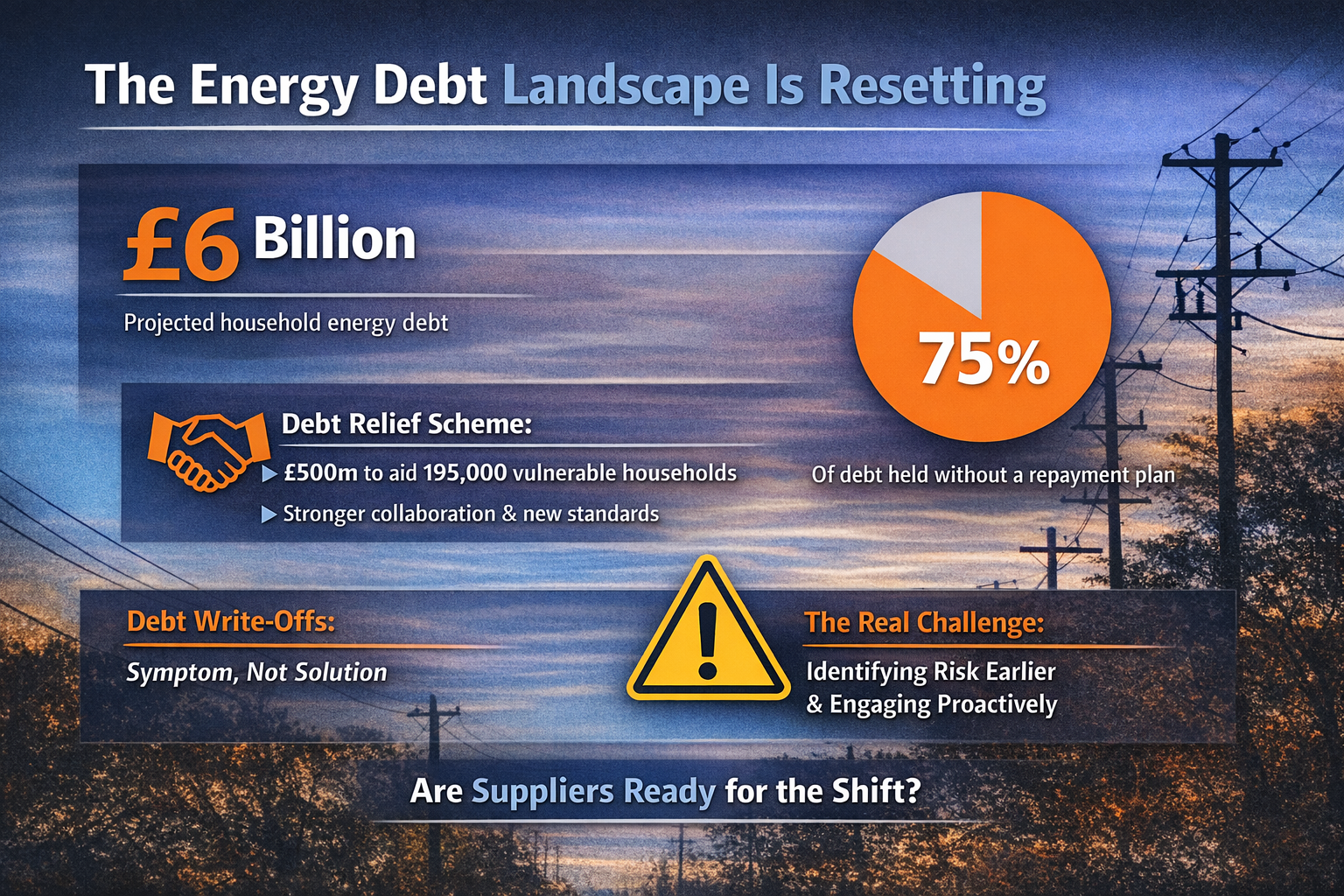New Client Announcement – BNP Paribas Personal Finance

Our journey with BNP Paribas Personal Finance started with the support of SuperTech West Midlands who recruited us into the BNP Paribas Personal Finance Innovation Lab in 2024.
It was a fantastic journey where we had the opportunity to hear directly from teams within BNP Paribas Personal Finance, helping us shape our unique solution to their specific needs.
Now we are proud to have BNP Paribas Personal Finance as our client, supporting their customers to complete affordability assessments using our bespoke conversational AI, built from in-depth research and years of detailed conversations around everyday financial circumstances and challenges.
Our partnership is a fantastic example of how purpose led organisations such as SuperTech and Industry led innovation labs can bring founders straight into the heart of commercial organisations with focused innovative ambitions.





Leading consumer finance provider, BNP Paribas Personal Finance, has reinforced its commitment to drive regional financial services innovation by joining forces with Inicio AI, a specialist, AI-powered income and expenditure solution and alumnus of its UK FinTech Incubator Programme, the Innovation Lab.
After discovering the commercial viability of Inicio AI during the 2024 iteration of the Innovation Lab, BNP Paribas Personal Finance UK invited the organisation to take part in a twelve-month trial period to test the effectiveness of the solution with its customers via its consumer-facing platform, the Creation Finance app.
Read the full press release HERE.